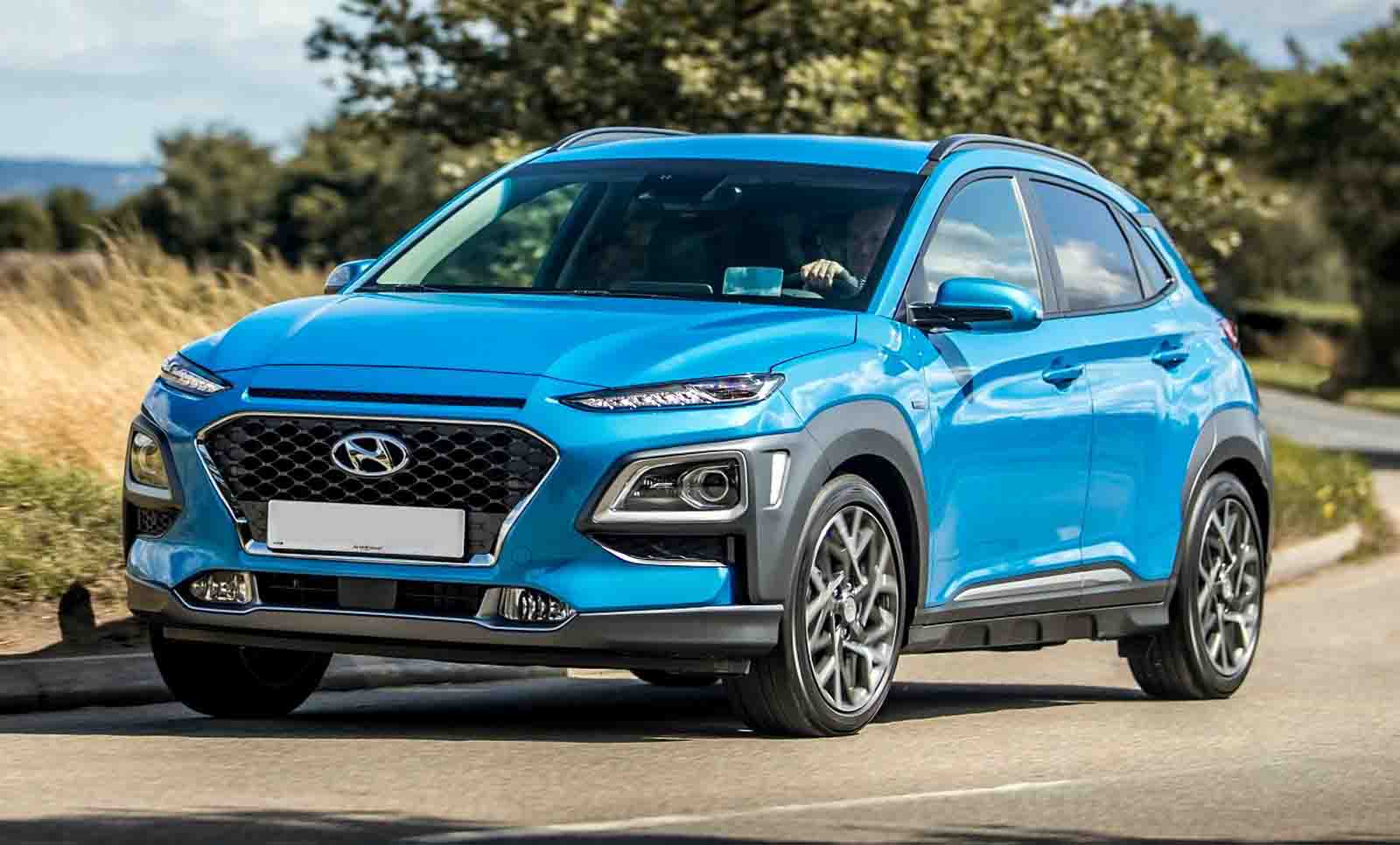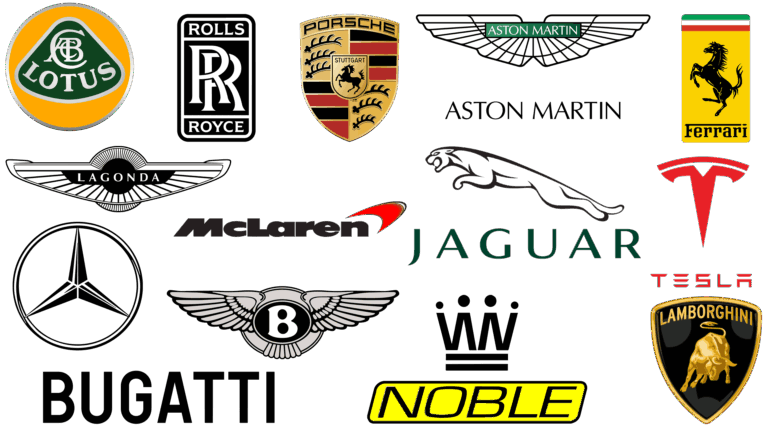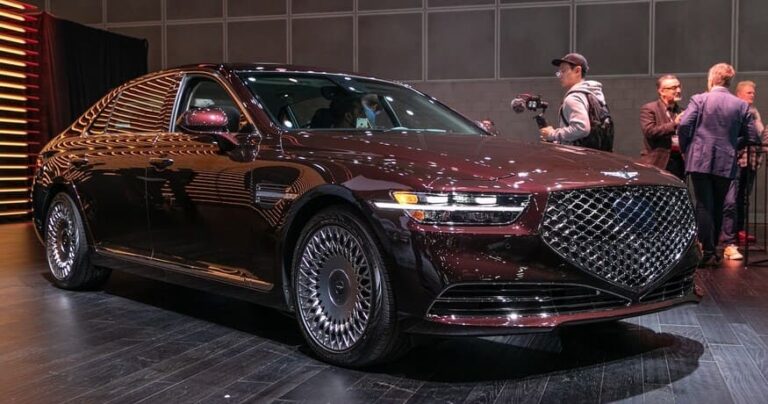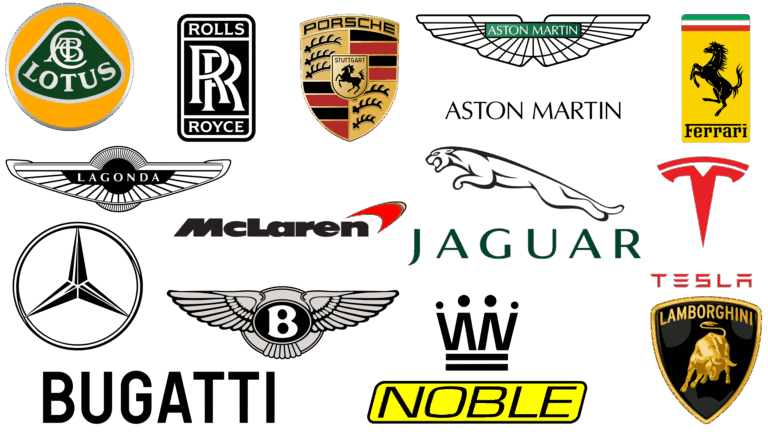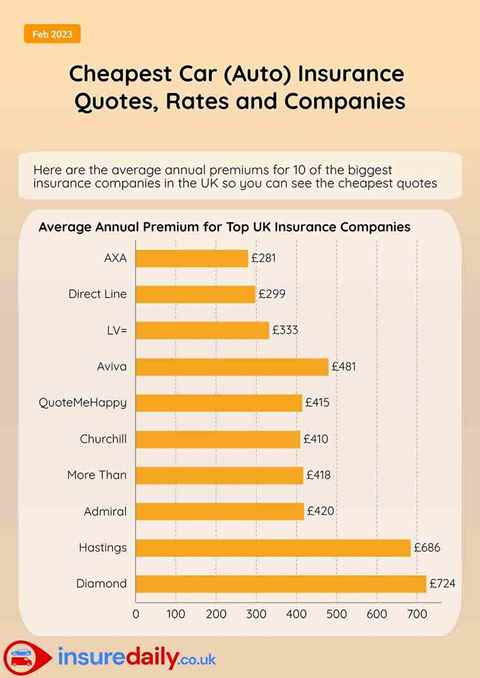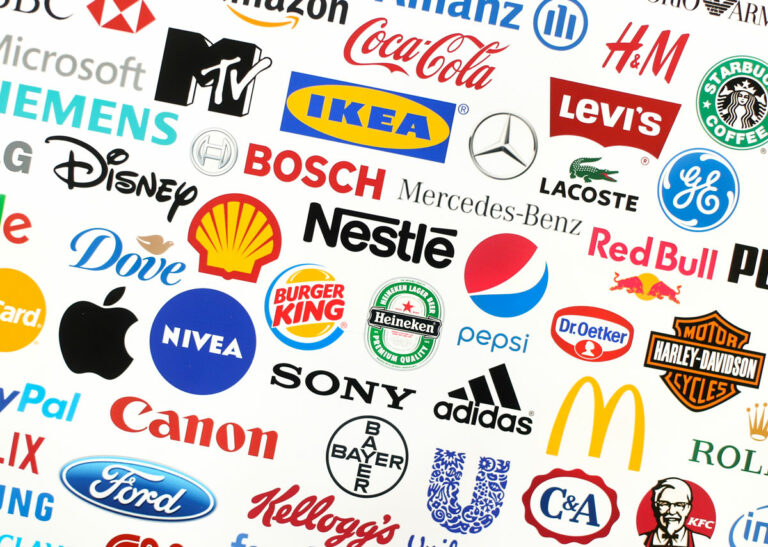Popular Car Brands: A Comprehensive Guide
Popular Car Brands: A Comprehensive Guide cars.truckstrend.com
The automotive industry is a vast and dynamic landscape, populated by an array of manufacturers vying for consumer attention. Among them, certain brands consistently rise to the top, earning the coveted title of "popular." But what exactly makes a car brand popular? It’s more than just sales figures; it’s a complex interplay of trust, innovation, reliability, design, and a deep understanding of consumer needs. Popular car brands are the pillars of the global automotive market, influencing trends, setting benchmarks, and often becoming household names synonymous with quality and progress. Understanding these brands is crucial for anyone looking to purchase a vehicle, follow industry trends, or simply appreciate the engineering marvels that shape our daily commute. This comprehensive guide will delve into the essence of popular car brands, exploring what makes them stand out, how they cater to diverse needs, and what the future holds for this ever-evolving sector.
Popular Car Brands: A Comprehensive Guide
What Defines a Popular Car Brand?
Popularity in the automotive world isn’t merely a fleeting trend; it’s a testament to sustained excellence and consumer confidence. Several key factors contribute to a brand’s enduring popularity:
- Sales Volume and Market Share: Undoubtedly, high sales figures are a primary indicator. Brands that consistently sell millions of vehicles worldwide demonstrate broad appeal and effective distribution networks.
- Reliability and Durability: A car is a significant investment, and consumers prioritize longevity and minimal maintenance issues. Brands renowned for their dependable vehicles build a strong reputation and foster repeat business.
- Innovation and Technology: Popular brands are often at the forefront of technological advancements, whether it’s pioneering new safety features, developing cutting-edge infotainment systems, or leading the charge in electric vehicle (EV) technology.
- Brand Loyalty and Reputation: A strong brand identity, coupled with positive customer experiences, cultivates a loyal customer base. People often return to brands they trust and have had good experiences with, leading to multi-generational brand affinity.
- Design and Aesthetics: While subjective, appealing design plays a significant role. Brands that consistently produce visually attractive vehicles that resonate with current tastes tend to gain wider acceptance.
- Resale Value: The ability of a vehicle to retain its value over time is a huge draw. Brands known for strong resale values offer a better long-term investment for consumers.
- Global Presence and Accessibility: Brands with extensive dealer networks, readily available parts, and widespread service centers ensure convenience and peace of mind for owners across different regions.
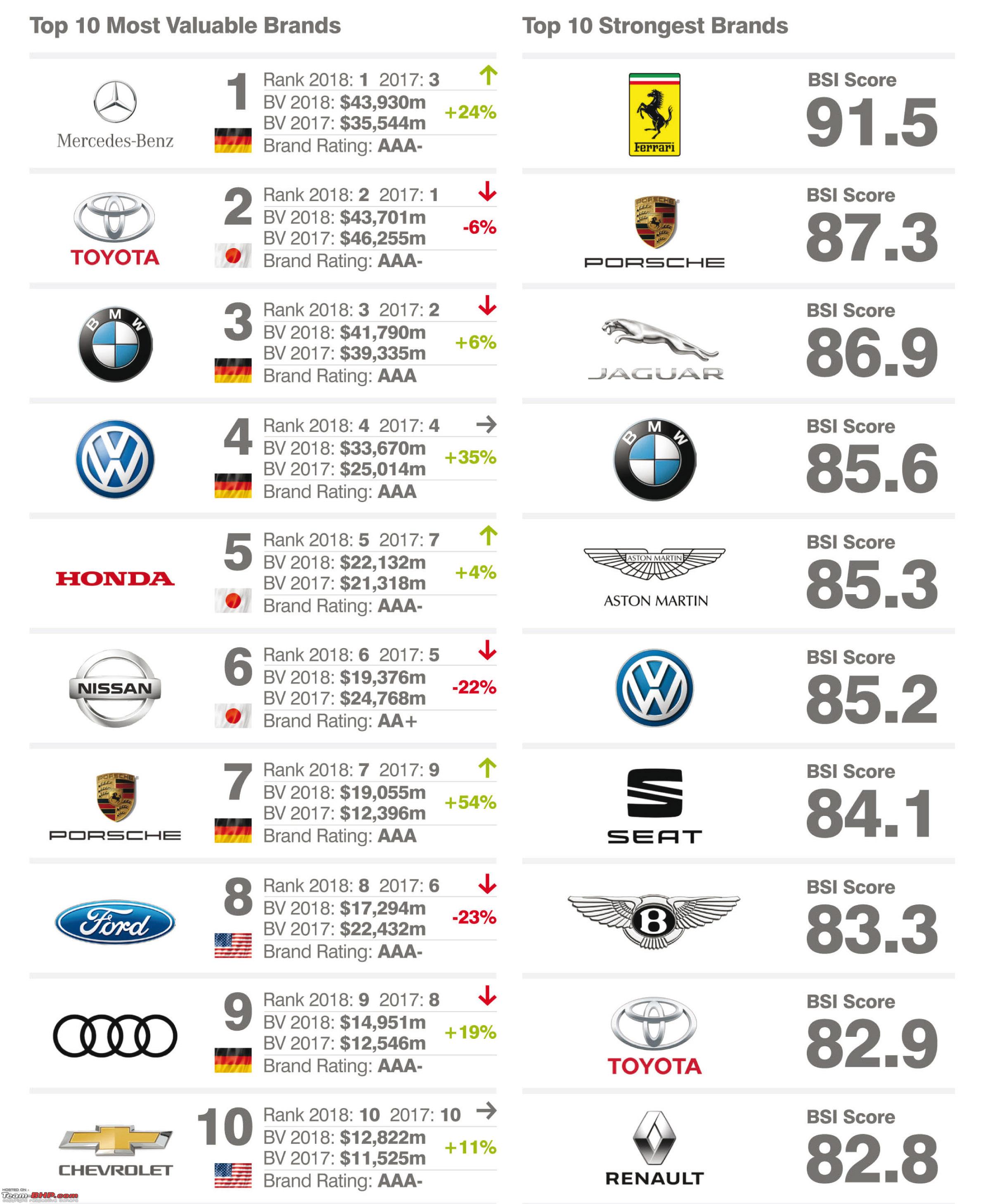
These elements collectively contribute to a brand’s popularity, cementing its place in the market and in the minds of consumers.

Key Categories of Popular Car Brands
The automotive market is diverse, and popular brands often specialize or excel in different segments, catering to varying consumer preferences and budgets.
-
Mass-Market / Volume Brands: These are the titans of the industry, producing millions of vehicles annually across a wide range of body styles (sedans, SUVs, trucks, hatchbacks) designed for broad appeal and affordability. Their strength lies in reliability, practicality, and extensive dealer networks.

- Examples: Toyota, Honda, Ford, Volkswagen, Hyundai, Kia, Nissan, Chevrolet.
- Strengths: Value for money, high reliability, fuel efficiency, diverse model lineups, strong resale value for many models.
-
Luxury Brands: Catering to consumers seeking premium features, superior performance, exquisite craftsmanship, and enhanced status. These brands often pioneer new technologies that later trickle down to mass-market vehicles.
- Examples: Mercedes-Benz, BMW, Audi, Lexus, Tesla, Volvo, Genesis.
- Strengths: High-end materials, advanced technology, powerful engines, sophisticated design, strong brand prestige, often excellent safety ratings.
-
Performance / Sports Car Brands (Niche Popularity): While not achieving the sales volumes of mass-market brands, these brands are immensely popular within their niche for their focus on exhilarating driving dynamics, high performance, and often exclusive designs.
- Examples: Porsche, Ferrari, Lamborghini, McLaren.
- Strengths: Exceptional speed and handling, cutting-edge engineering, exclusivity, strong emotional appeal.
-
Emerging / EV-Focused Brands: With the rapid shift towards electric vehicles, new players are emerging and quickly gaining popularity, often challenging established norms with innovative EV technology, unique designs, and direct-to-consumer sales models.
- Examples: Tesla (now a mainstream luxury/tech brand), Rivian, Lucid.
- Strengths: Leading-edge EV technology, long range, rapid charging, software-defined vehicles, often strong performance.
Factors Driving Brand Popularity and Consumer Choice
When a consumer chooses a car, they are often weighing a multitude of factors, many of which are directly influenced by a brand’s reputation and offerings:
- Reliability and Durability: This is paramount. Consumers want a vehicle that starts every time, performs consistently, and doesn’t incur frequent, expensive repairs. Brands like Toyota and Honda have built their empires on this promise.
- Safety Features: With advancements in automotive technology, safety has become a major selling point. Popular brands integrate advanced driver-assistance systems (ADAS) like automatic emergency braking, lane-keeping assist, and adaptive cruise control, often earning top safety ratings.
- Fuel Efficiency / EV Technology: Rising fuel costs and environmental concerns make fuel economy or electric range a critical factor. Brands offering efficient gasoline engines, hybrids, or compelling EVs gain significant traction.
- Performance and Driving Dynamics: Whether it’s a smooth, comfortable ride for daily commuting or exhilarating acceleration for enthusiasts, a car’s driving experience profoundly impacts its appeal.
- Design and Aesthetics: A car’s exterior and interior design influences initial attraction and long-term satisfaction. Modern, ergonomic, and aesthetically pleasing designs draw more buyers.
- Resale Value: A high resale value means less depreciation over time, saving the owner money when they decide to sell or trade in their vehicle. This is a strong indicator of a brand’s perceived quality and desirability.
- Brand Reputation and Customer Service: A positive brand image, built through consistent quality, strong marketing, and excellent post-sales support, builds trust and loyalty.
- Innovation and Technology Integration: Features like intuitive infotainment systems, seamless smartphone integration, advanced navigation, and connectivity options are increasingly important to tech-savvy consumers.
- Price and Affordability: For most buyers, budget is a primary constraint. Popular brands often offer a range of models at competitive price points, making their vehicles accessible to a wider audience.
Navigating the Market: How to Choose the Right Popular Car Brand for You
Choosing a car from a popular brand can simplify the decision-making process, as these brands generally offer a strong foundation of quality and support. However, within these popular brands, there’s still a vast array of choices. Here’s how to narrow down your options:
-
Assess Your Needs and Lifestyle:
- Budget: Determine your total budget, including purchase price, insurance, maintenance, and fuel/charging costs.
- Usage: Will it be a daily commuter, a family hauler, an off-road adventurer, or a weekend toy?
- Passenger/Cargo Capacity: How many people do you typically transport? How much cargo space do you need?
- Driving Conditions: Do you primarily drive in the city, on highways, or in challenging weather conditions?
- Fuel Type Preference: Gasoline, hybrid, plug-in hybrid, or full electric?
-
Research Reliability and Safety Ratings:
- Consult independent organizations like Consumer Reports, J.D. Power, and the Insurance Institute for Highway Safety (IIHS) or the National Highway Traffic Safety Administration (NHTSA) for crash test ratings and reliability surveys.
- Look for brands and specific models with consistently high marks in these areas.
-
Consider Total Cost of Ownership (TCO):
- Beyond the purchase price, factor in insurance premiums, maintenance costs (some brands are more expensive to repair), fuel/electricity costs, and estimated depreciation (resale value).
- Online calculators can help estimate TCO for different models.
-
Read Reviews and Watch Videos:
- Dive into professional automotive reviews from reputable publications and watch video reviews.
- Also, check owner forums and consumer reviews for real-world experiences and common issues.
-
Test Drive, Test Drive, Test Drive!
- This is non-negotiable. Get behind the wheel of your top choices. Pay attention to comfort, visibility, handling, acceleration, braking, and how the infotainment system works.
- Drive on different types of roads that simulate your typical commute.
-
Evaluate Dealership Experience and After-Sales Support:
- A good relationship with your local dealership can significantly enhance your ownership experience. Research local dealer reviews for sales and service quality.
- Consider warranty coverage and roadside assistance programs offered by the brand.
By systematically evaluating these aspects, you can confidently choose a vehicle from a popular brand that perfectly aligns with your individual needs and preferences.
Challenges and Future Trends Shaping Popular Brands
The automotive industry is currently undergoing one of its most significant transformations in history. Popular car brands are at the forefront of these changes, facing both challenges and opportunities:
- The Electrification Revolution: The global push towards electric vehicles (EVs) is reshaping product lineups, manufacturing processes, and supply chains. Brands must invest heavily in battery technology, charging infrastructure, and EV-specific platforms. This also includes competition from new, EV-focused startups.
- Autonomous Driving: The development of self-driving technology presents immense opportunities for safety and convenience but also significant regulatory, ethical, and technological hurdles. Popular brands are heavily investing in R&D for advanced driver-assistance systems (ADAS) leading to fully autonomous capabilities.
- Connectivity and Software-Defined Vehicles: Modern cars are becoming "computers on wheels," with increasing reliance on software for everything from engine management to infotainment. Over-the-air (OTA) updates, subscription services, and seamless connectivity are becoming standard expectations.
- Supply Chain Disruptions: Recent global events have highlighted the fragility of complex global supply chains, particularly for semiconductors. Popular brands are working to diversify suppliers and build more resilient manufacturing processes.
- Sustainability and Environmental Concerns: Consumers and regulators demand more environmentally friendly practices, from sustainable material sourcing to carbon-neutral manufacturing. Brands must demonstrate a commitment to reducing their environmental footprint across the entire product lifecycle.
- Changing Ownership Models: The rise of ride-sharing, car-sharing, and subscription services could alter traditional car ownership models, prompting popular brands to explore new revenue streams and service offerings.
Navigating these challenges while continuing to innovate and meet evolving consumer demands will define the next generation of popular car brands.
Overview of Popular Car Brands (Typical Starting Price Ranges)
This table provides a general overview of popular car brands across different categories and their typical entry-level price ranges. Prices vary significantly based on model, trim level, optional features, region, and current market conditions. This table is for illustrative purposes only.
| Category | Brand | Country of Origin | Key Strengths | Typical Entry-Level Price Range (USD) |
|---|---|---|---|---|
| Mass-Market | Toyota | Japan | Reliability, Resale Value, Hybrid Technology, Efficiency | $22,000 – $35,000 |
| Honda | Japan | Reliability, Driving Dynamics, Practicality, Efficiency | $20,000 – $32,000 | |
| Ford | USA | Trucks & SUVs, Performance (Mustang), Innovation | $25,000 – $40,000 (Passenger Vehicles) | |
| Volkswagen | Germany | European Design, Driving Refinement, Quality | $24,000 – $35,000 | |
| Hyundai | South Korea | Value, Design, Technology, Warranty | $20,000 – $30,000 | |
| Kia | South Korea | Value, Design, Technology, Warranty | $19,000 – $29,000 | |
| Luxury | Mercedes-Benz | Germany | Luxury, Comfort, Technology, Prestige | $45,000 – $65,000 |
| BMW | Germany | Driving Dynamics, Performance, Luxury, Technology | $42,000 – $60,000 | |
| Audi | Germany | Design, Quattro AWD, Technology, Interior Quality | $40,000 – $58,000 | |
| Lexus | Japan | Reliability (Luxury Segment), Comfort, Refinement | $40,000 – $55,000 | |
| Tesla | USA | EV Technology, Performance, Software, Supercharging | $40,000 – $60,000 | |
| Niche/Performance | Porsche | Germany | Sports Car Performance, Luxury, Engineering | $60,000 – $100,000 (Entry-Level) |
Frequently Asked Questions (FAQ) about Popular Car Brands
Q1: What are the most reliable car brands?
A1: Brands consistently ranked high for reliability include Toyota, Lexus, Honda, Mazda, and Subaru. These brands are known for their strong engineering, durable components, and lower incidence of reported issues.
Q2: Which car brands offer the best value for money?
A2: For overall value, including initial price, features, warranty, and long-term reliability, brands like Hyundai, Kia, Honda, and Toyota are often cited. They provide a strong balance of quality and affordability.
Q3: Are luxury cars worth the extra cost?
A3: This depends on individual priorities. Luxury cars offer superior materials, advanced technology, enhanced comfort, and often higher performance and prestige. If these aspects are important to you and fit your budget, they can be worth the investment. However, maintenance and insurance costs are typically higher.
Q4: What are the benefits of buying an EV from a popular brand?
A4: Popular brands entering the EV market often leverage their extensive dealer networks for service and support, established manufacturing quality, and existing brand trust. They also benefit from larger R&D budgets for battery technology and charging solutions, often integrating them into a broader ecosystem of services.
Q5: How do I research a car brand’s reputation and customer satisfaction?
A5: Utilize resources like J.D. Power (for initial quality and dependability studies), Consumer Reports (for reliability and owner satisfaction surveys), and reputable automotive news sites. Also, check online forums and social media for real owner feedback and common complaints or praises.
Conclusion
Popular car brands represent the pinnacle of automotive engineering, marketing prowess, and consumer trust. They are the brands that consistently deliver on promises of quality, innovation, and value, shaping the choices of millions of buyers worldwide. From the robust reliability of a Toyota to the cutting-edge luxury of a Mercedes-Benz or the electric revolution spearheaded by Tesla, each popular brand has carved out its unique niche by understanding and responding to the diverse needs of the global market.
As the automotive landscape continues its rapid evolution, driven by electrification, autonomous technology, and changing consumer preferences, these popular brands face exciting challenges and opportunities. Their ability to adapt, innovate, and maintain consumer trust will determine their longevity and influence in the years to come. For consumers, understanding the strengths and characteristics of these leading brands empowers them to make informed decisions, ensuring their next vehicle purchase is not just a transaction, but a step towards a satisfying and reliable driving experience.
